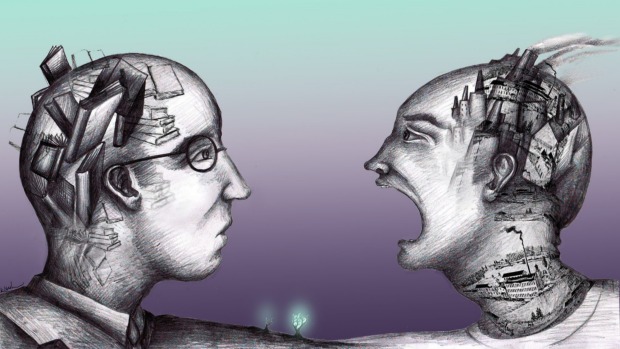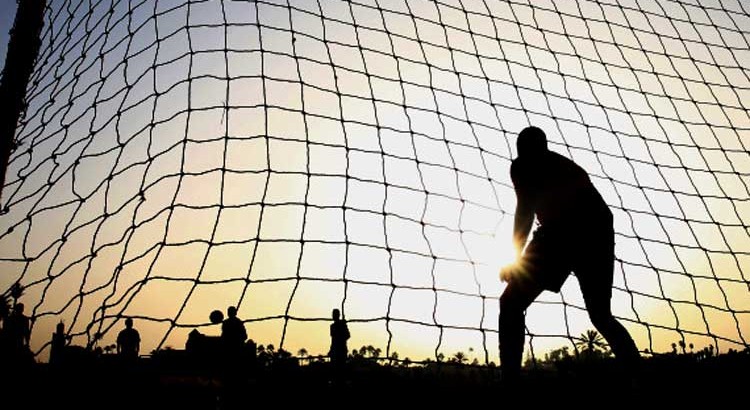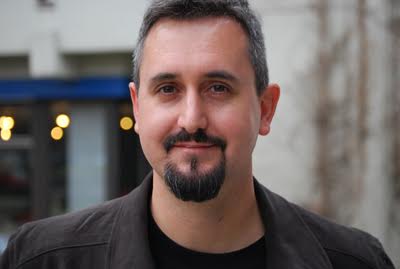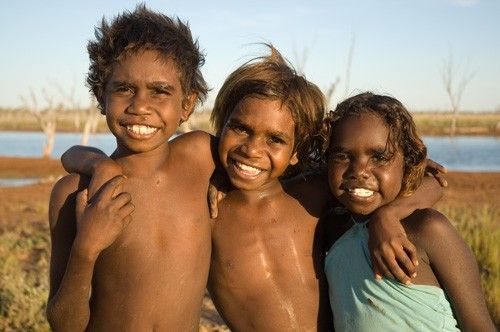Oceanía/Australia/Marzo 2016/Fuente: http://www.themercury.com.au/Autora: Alison Standen
Resumen: En Australia y Tanzania, si una familia desea llevar a su hijo a una escuela independiente debe considerar costos superiores a los 468.000 dólares solo en su ciclo de estudios escolares, en cambio en escuelas gubernamentales los costos se estiman en 66.000 dólares. Esta es la cruda realidad de la educación «gratuita» pública para miles de familia en esa región. En adición, anualmente las familias deben prever 2000 dólares solamente para uniformes, calzados e insumos por niño. Todo esto en un escenario donde 638.000 niños están viviendo con familias desempleadas.
For families suffering severe financial hardship, affording a child’s school essentials can be a distressing burden.
The Australian Scholarships Group says the lifetime cost of sending a child to an independent school is more than $468,000.
For government schools the estimate is $66,000.
This is the reality of a “free” public school education for thousands of families across Tasmania, and Australia.
However, not all of them will have the capacity to bear these costs, even when making the lowest possible contribution.
All parents want the best for their children, but for families struggling to make ends meet on an already strained household budget, finding the money to pay for their child’s educational needs causes additional stress.
How can we make sure these children are not further disadvantaged because they do not have the resources and support they need for school?
Some of us will know what it felt like to be singled out for not having the right clothes, the right pens, or schoolbag.
Some of us will remember feeling isolated, not good enough to keep up with our classmates.
When a child does not have everything they need for school, their learning can suffer — like the young student who failed an assignment because she could not afford excursion costs.
She was too embarrassed to let her teacher know why she could not attend.
We also hear about students who choose cheaper electives because they know their parents cannot afford the extra expense necessary for their preferred subject.
We hear about students falling behind in studies because they do not have access to a computer and the internet at home, essentials in today’s learning environment.
This is reality for many disadvantaged students. It is tough for their parents who, at this time of year, have been trying to prepare them for a new school year.
Last year, we estimated the cost for a family to provide the essentials for their child to attend a government primary school. We found the likely cost of uniforms, shoes and stationery, through to the charges that are part of daily attendance and study, at upwards of $2000 for one child over a year. And that’s just for primary school.
For a low-income family, $2000 is a big and probably unattainable ask.
When a child does not have the basics for school, they can start to feel different and isolated. The feelings worsen as each year passes. The consequences can be serious — becoming disengaged over time and at risk of dropping out of school altogether.
There is much that governments, community and business can and must do to positively influence the educational outcomes of disadvantaged children and help them avoid long-term dependence on welfare.
Research shows these children are more likely to experience financial hardship as adults. It’s a cycle that perpetuates through generations.
The Smith Family’s targeted educational program helps poor children to participate fully in education so they can get the chance to have a better future. However, demand for our services is far higher than the 34,000 children we are able to support — there are 638,000 children living in jobless families in Australia right now.
Education is a path out of poverty.
If we want to prevent disadvantaged children from the life-long effects of financial hardship, the best thing we can do is to support them while they are at school.
With a strong and complete education behind them, they have the best chance to go on to further training and work, and to enjoy a productive and fulfilling life.
Fuente de la noticia: http://www.themercury.com.au/news/opinion/talking-point-going-to-school-can-stretch-family-budgets/news-story/51ccd0c51fc3081c1889055195d22c73
Fuente de la imagen: https://www.pinterest.com/phyllisseidl/australian-aboriginal-history/














 Users Today : 4
Users Today : 4 Total Users : 35460021
Total Users : 35460021 Views Today : 8
Views Today : 8 Total views : 3418639
Total views : 3418639